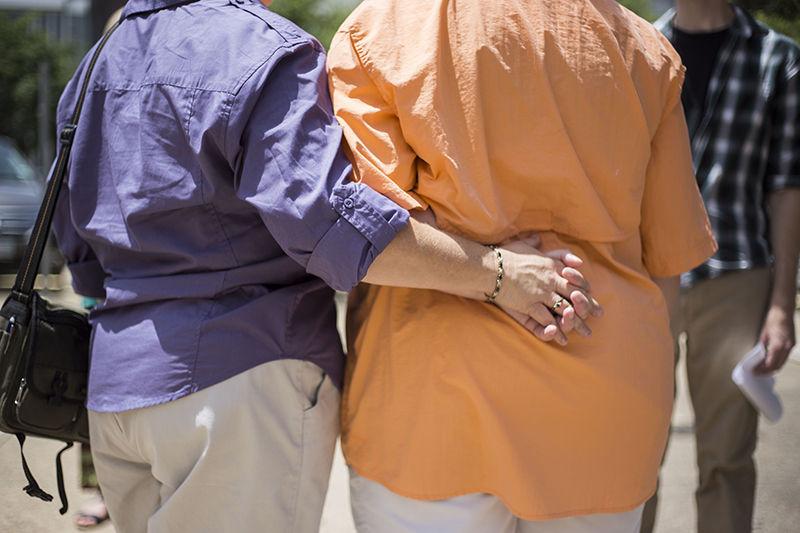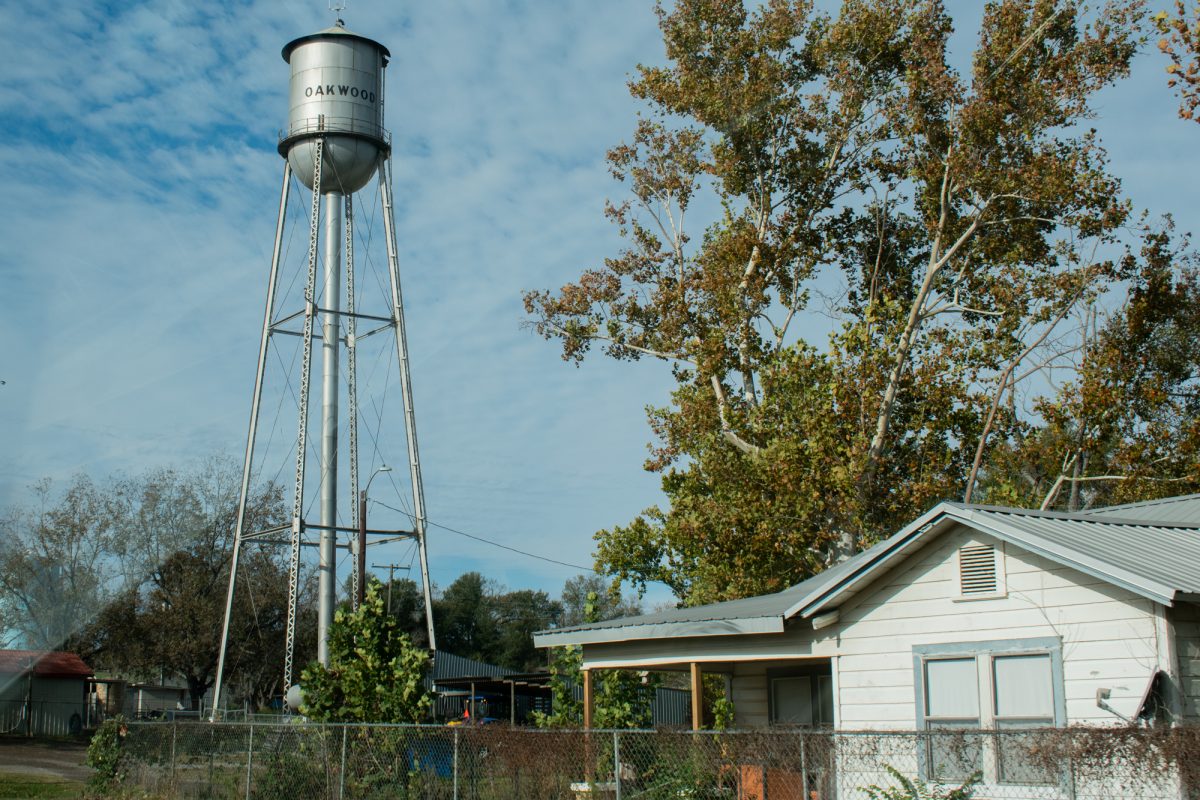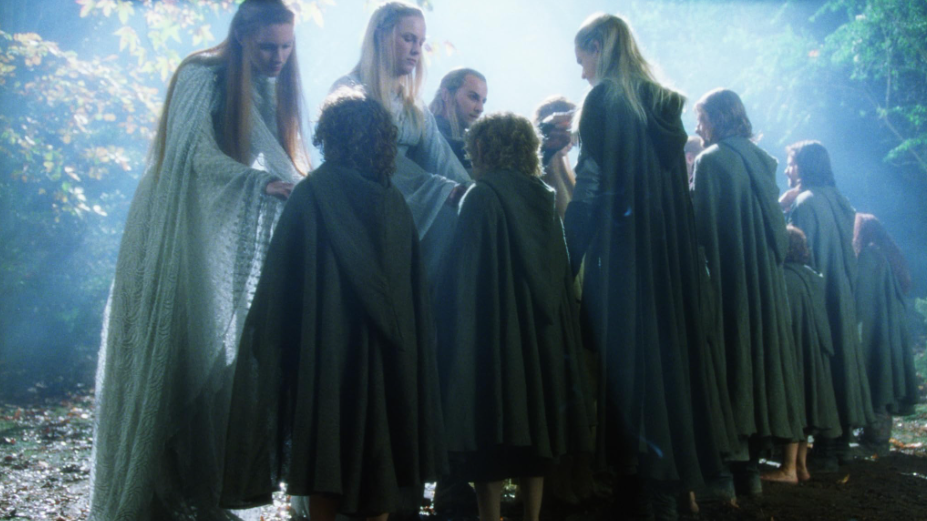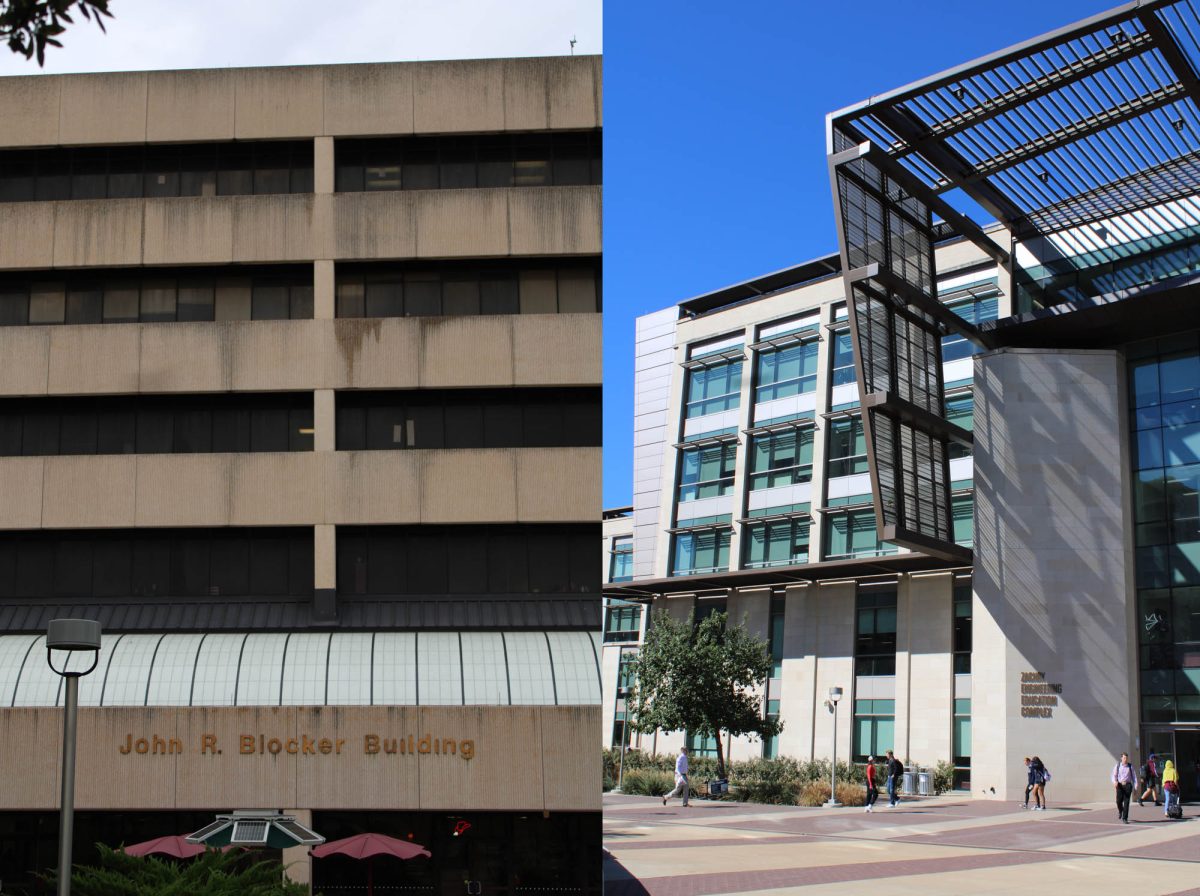When the Supreme Court ruled that bans on same-sex marriage are unconstitutional, I, like many, rejoiced in the decision. It meant marriage equality and freedom, and meant that we as a nation could finally close the book on a debate that neither side was willing to budge on.
I firmly believe that same-sex marriages should be recognized in the eyes of the government and the law, but that does not mean the decision should be forced down the throats of religions whose doctrines disagree with the principle.
For years we’ve heard about the importance of the separation of church and state. That argument came to the forefront in issues such as debating the removal of “under God” from the Pledge of Allegiance and removing prayer from public functions. That’s a two-way street, however, and if religious practices can be removed from government affairs with new legislation, then churches should have the right to keep the practices that align with their doctrines, so long as they do not violate the civil rights of others. According to the First Amendment, all Americans have the right to freedom of religion, and forcing a member of the clergy to perform a same-sex marriage ceremony, and in the process giving their “blessing” in making it recognized officially by their respective church, violates those rights.
In Texas, laws such as the Texas Religious Freedom and Restoration Act and Pastor Protection Act prevent such a situation from occurring by reinforcing the First Amendment right to freedom of religion. The PPA gives members of the clergy the right to refuse to perform ceremonies, such as weddings, that go against their respective doctrines, whether that decision stems from the partners living together prior to the wedding, not being members of a particular body or the partners being of the same sex.
However, who’s to say the Supreme Court won’t nullify that decision, forcing pastors to perform these ceremonies to anyone who walks through the door for fear of facing a civil suit that could cripple their congregation? Even though most churches firmly fit under the guidelines for tax exemption according to the IRS (operated without profits being distributed to a private shareholder, and being a “non-action” organization), especially when compared to their secular counterparts, that fear is already forcing some pastors, to change their practices for marriage ceremonies, or abstain from performing them all together.
For example, the Southern Baptist Convention has already told its member bodies to hold all wedding ceremonies with a county or state official present, with the clergy member only being present at the request of the parties involved. Such drastic changes to practices that have been in place since the inception of the churches in question should raise a red flag in keeping watch for First Amendment equality.
Members of a faith that disagree with same-sex marriage should not be discriminated against. It’s our duty now to make sure that the new-found civil rights from this landmark decision do not trample on the ones that have been in place since the Bill of Rights was ratified.









